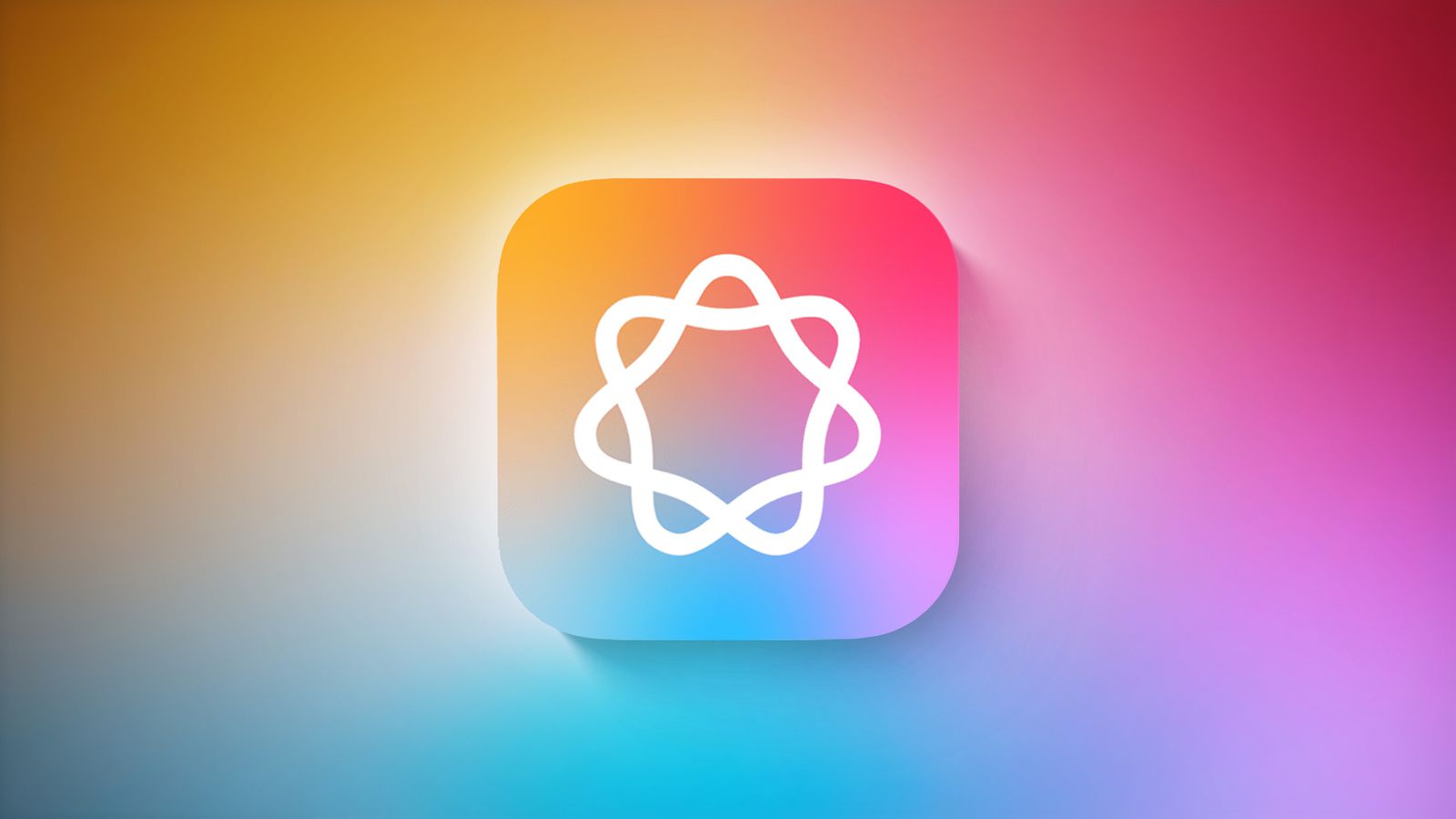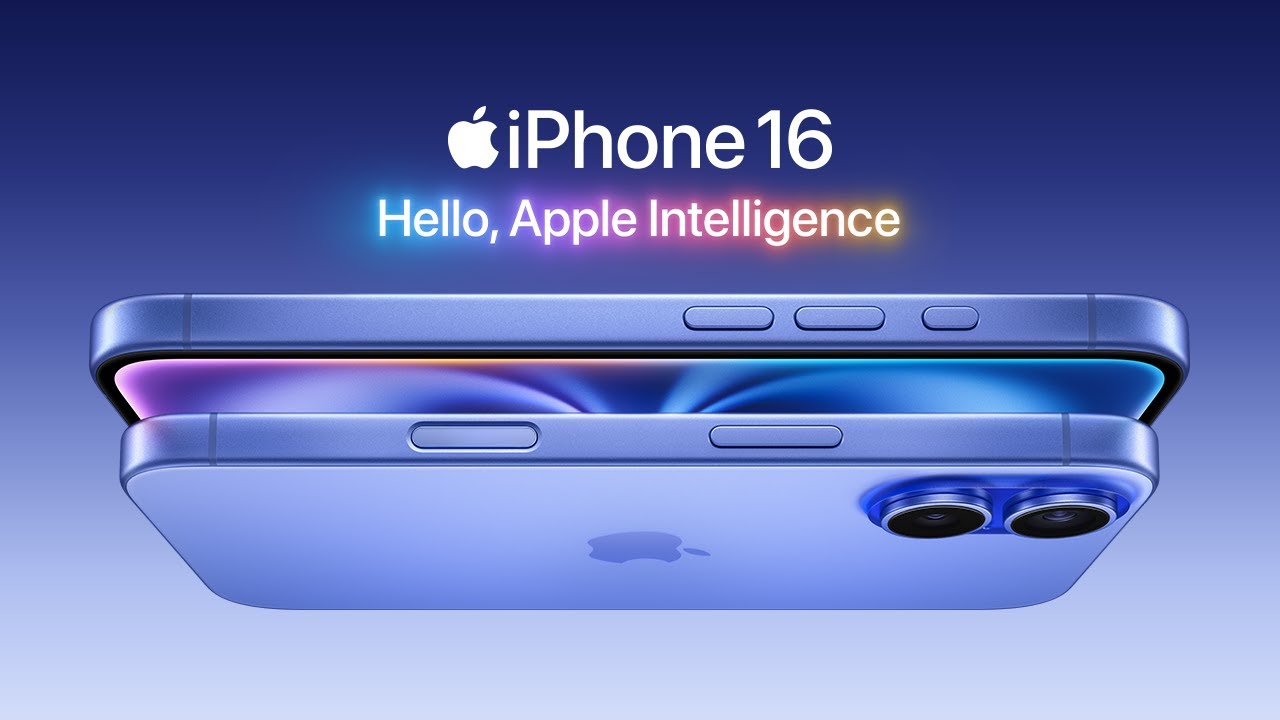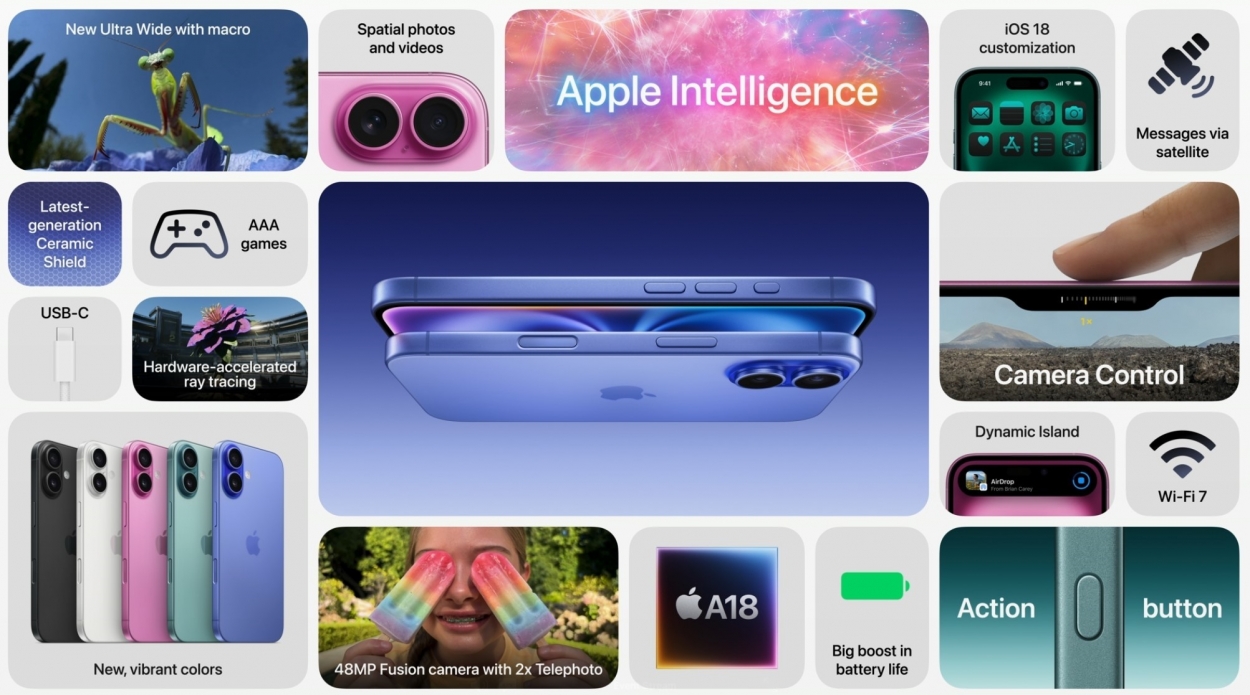Do Consumers Actually Want AI iPhones?
- Can a simple shutter button outshine cutting-edge AI? iPhone 16 says yes!
- Discover why a simple hardware update is resonating with consumers over advanced AI features in the latest iPhone.
- Explore the "Camera Button Paradox" and what it means for Apple's strategy in the smartphone market.
As Apple unveiled its latest iPhone 16 lineup nearly a month ago, the tech giant spotlighted its newest innovation: "Apple Intelligence"—a suite of artificial intelligence (AI) features designed to enhance user experience. However, an unexpected trend emerged that has industry insiders and consumers alike questioning the true appetite for AI in smartphones. Dubbed the "Camera Button Paradox," much of the attention surrounding the iPhone 16 has focused not on its AI capabilities but on the introduction of a new physical camera shutter button.
The Camera Button Paradox: A Shift in Focus
Despite Apple's emphasis on AI, media coverage and consumer interest have disproportionately centered on the iPhone 16's new camera button and other incrimental hardware tweaks. This shift raises a critical question: Are consumers more excited about tangible hardware features than technological advancements in software? If a physical button can drive sales more effectively than cutting-edge AI, there may be fundamental issues with how AI is being marketed and implemented in consumer devices. Photo via MacRumors // The Apple Intelligence logo.
Photo via MacRumors // The Apple Intelligence logo.
Media Reaction
The tepid reaction to Apple's AI features was echoed across various tech forums. Notably, the Wired Gadget Lab podcast, typically enthusiastic about new technology, found little compelling reason to upgrade to the iPhone 16 based solely on its AI enhancements. Instead, the conversation gravitated towards the practicality and design of the new camera button. Photo via Apple Inc. // Apple's official marketing for iPhone 16 was focused primarily on Apple Intelligence.
Photo via Apple Inc. // Apple's official marketing for iPhone 16 was focused primarily on Apple Intelligence.
Apple's AI Gamble: Standing Among Giants
Apple is not alone in its pursuit of AI integration. Competitors like Google, Samsung, and Microsoft are similarly embedding AI features into their products to attract and retain consumers. However, the reception to Apple's AI efforts with the iPhone 16 suggests a potential misalignment between marketing strategies and consumer interests.
Industry Investment vs. Revenue
Despite significant investments from tech giants—Google, NVIDIA, Microsoft, and OpenAI recently convened at the White House to discuss AI infrastructure—the financial landscape remains challenging. According to Forbes, the AI industry faces a staggering $500 billion shortfall against its investments in AI hardware and software. With projected AI revenue for 2024 estimated at $100 billion, the industry is grappling with how to bridge this gap.
Consumer Trust and AI Adoption
A groundbreaking study highlights a paradox in consumer behavior towards AI:
- Mentioning "AI" in product descriptions can lower emotional trust and decrease purchase intentions, especially for high-risk products like electronics and medical devices.
When AI is mentioned, it tends to lower emotional trust, which in turn decreases purchase intentions.— 2024 Research Study, linked above
This finding suggests that Apple's heavy emphasis on AI might inadvertently alienate potential buyers who harbor apprehensions about the technology.
Public Sentiment: Skepticism Towards AI
Other set of recent data sheds light on the broader American perspective on AI, revealing a landscape of caution and mixed feelings.
Awareness and Understanding
- 90% of Americans have heard at least a little about AI (Pew Research Center, August 2023).
- Only 30% can accurately identify specific AI applications in everyday life.
- Awareness is higher among men, younger adults, and those with higher education levels.
Concerns vs. Excitement
- 52% of Americans are more concerned than excited about AI in daily life.
- 10% express more excitement than concern.
- 36% experience a mix of both emotions.
The Road Ahead for Apple
As Apple continues to integrate AI into its products, understanding and addressing consumer skepticism is crucial. The Camera Button Paradox may signal that while consumers appreciate tangible enhancements, they remain wary of AI's implications. Balancing innovative technology with features that resonate more directly with user preferences will be essential for Apple’s continued success.
 Photo via Apple Inc. // One of Apple's official marketing images for iPhone 16, showing Apple Intelligence near the center.
Photo via Apple Inc. // One of Apple's official marketing images for iPhone 16, showing Apple Intelligence near the center.
Conclusion
The iPhone 16's reception underscores a broader trend of cautious consumer attitudes towards AI. While Apple and its competitors continue to push the boundaries of technology, the ultimate success of these innovations hinges on aligning with consumer desires and building trust. It remains to be seen how consumers react to these features as they begin to roll out, although as we just reported, the very first few of these are set to begin launching with iOS 18.1. As the AI landscape evolves, so too must the strategies companies employ to engage and reassure their user base.
Recommended by the editors:
Thank you for visiting Apple Scoop! As a dedicated independent news organization, we strive to deliver the latest updates and in-depth journalism on everything Apple. Have insights or thoughts to share? Drop a comment below—our team actively engages with and responds to our community. Return to the home page.Published to Apple Scoop on 6th October, 2024.
No password required
A confirmation request will be delivered to the email address you provide. Once confirmed, your comment will be published. It's as simple as two clicks.
Your email address will not be published publicly. Additionally, we will not send you marketing emails unless you opt-in.